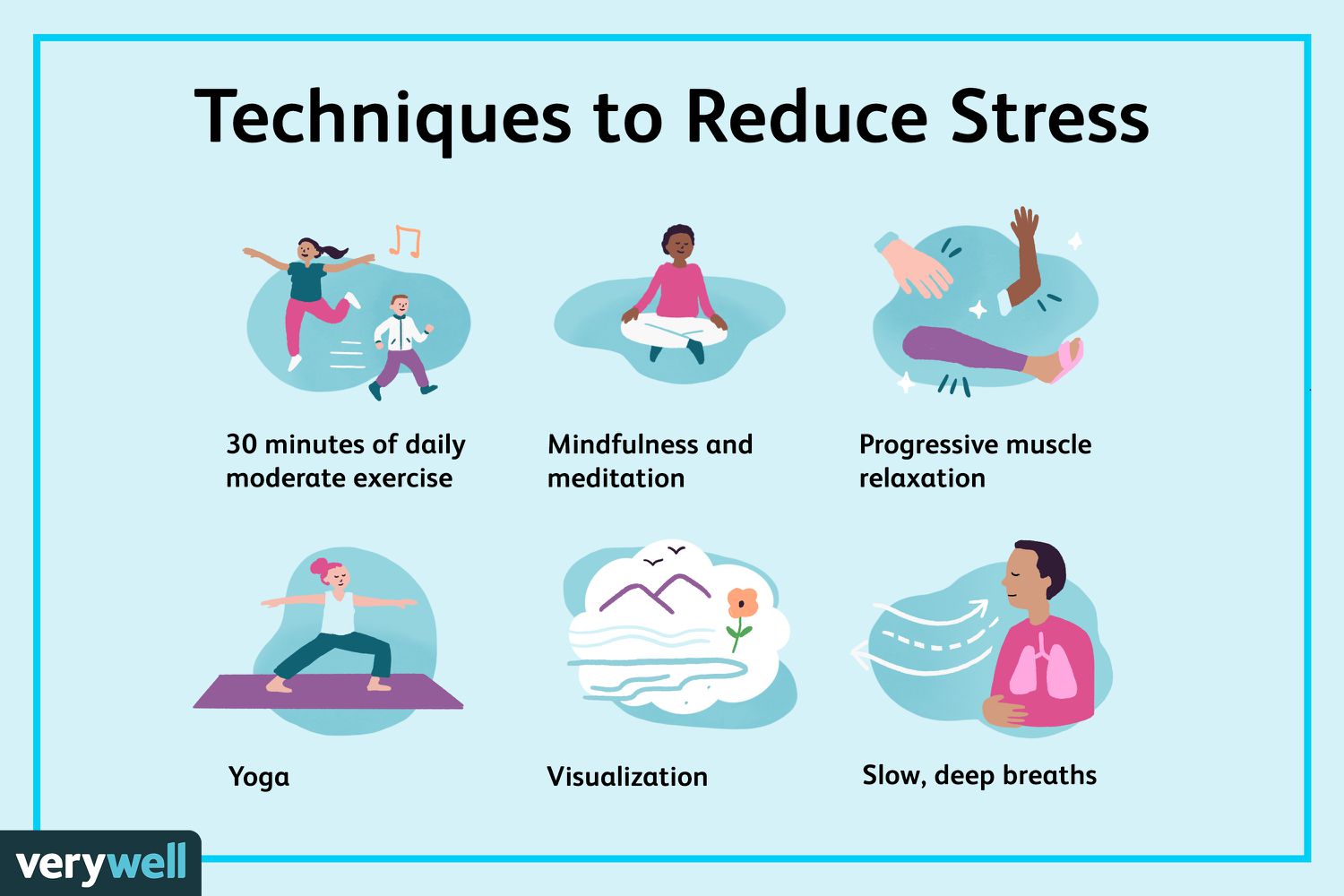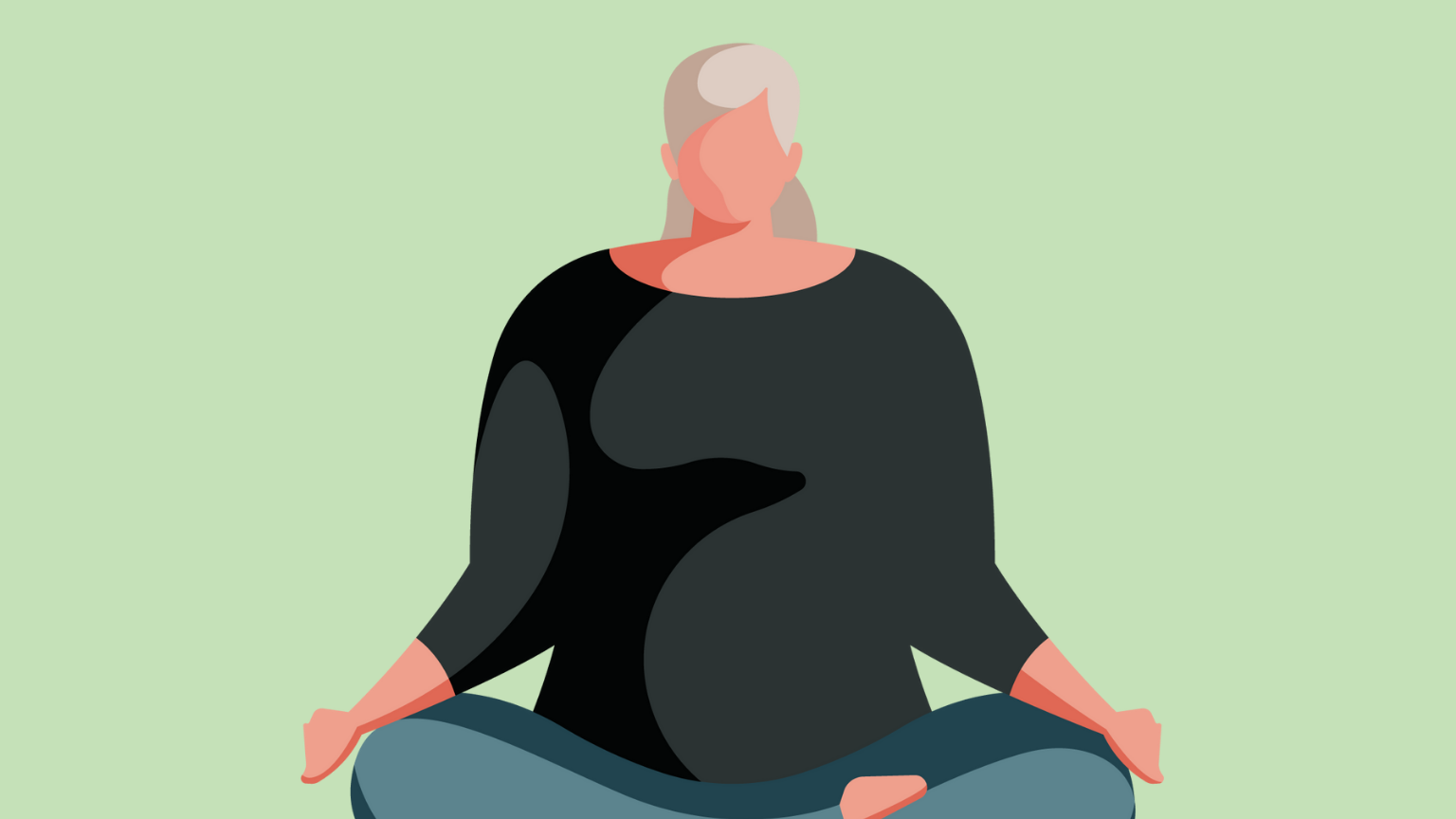How Exercise Helps Manage Stress
Physical activity is one of nature's most powerful stress relievers. When we exercise, our bodies undergo biochemical changes that counteract the effects of stress. This comprehensive guide explores the science behind exercise as a stress management tool and provides practical strategies to incorporate movement into your daily routine.
The Neurochemistry of Exercise and Stress
Exercise triggers a cascade of beneficial neurochemical changes:
Endorphin Release
Often called "nature's painkillers," these neurotransmitters create the "runner's high" and reduce pain perception while boosting pleasure.
BDNF Production
Brain-Derived Neurotrophic Factor acts like fertilizer for neurons, enhancing neuroplasticity and stress resilience.
A 2021 meta-analysis in Sports Medicine found that regular exercisers had 26% lower cortisol (stress hormone) levels compared to sedentary individuals.
Optimal Exercises for Stress Relief
Different forms of exercise offer unique stress-reducing benefits:
Aerobic Exercise
Activities like brisk walking, running, cycling, and swimming that elevate your heart rate:
- Increases oxygen circulation to the brain
- Stimulates norepinephrine production, which modulates stress response
- Recommended: 30 minutes most days at 60-80% max heart rate
Yoga and Tai Chi
These mind-body practices combine movement with breath awareness:
- Activate the parasympathetic nervous system
- Reduce muscle tension and blood pressure
- Improve interoception (body awareness)
A 2022 study in JAMA Psychiatry found yoga practitioners showed 31% greater stress resilience than non-practitioners.
Resistance Training
Weight lifting and bodyweight exercises provide unique benefits:
- Builds physical resilience that translates to mental resilience
- Enhances sleep quality, crucial for stress recovery
- Boosts confidence through measurable progress
The Timing Factor
When you exercise matters as much as how you exercise:
Morning Exercise
Sets a positive tone for the day by regulating cortisol's natural circadian rhythm. Research shows morning exercisers experience 23% fewer stressful events throughout their day.
Lunchtime Movement
A 20-minute walk can counteract the stress of morning work and prepare you for afternoon challenges. Studies show it improves afternoon productivity by 18%.
Evening Exercise
Gentle movement like yoga can help process the day's stress, but vigorous exercise too close to bedtime may disrupt sleep for some individuals.
Creating Your Anti-Stress Exercise Plan
Follow these evidence-based guidelines:
- Start small - Even 10 minutes provides benefits
- Mix modalities - Combine cardio, strength, and flexibility
- Prioritize consistency - Regularity beats intensity
- Make it enjoyable - You're more likely to stick with activities you like
- Listen to your body - Some days call for gentle movement
The Ripple Effects
Regular exercise doesn't just reduce stress in the moment—it builds long-term resilience. Regular exercisers report 40% fewer days of stress-related symptoms compared to sedentary individuals. Movement also enhances sleep quality, boosts self-efficacy, and improves cognitive function—all of which contribute to better stress management.






